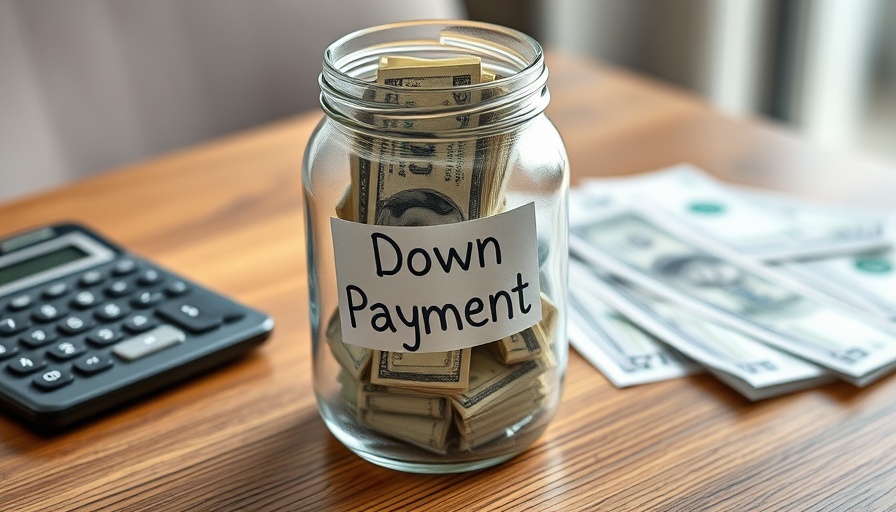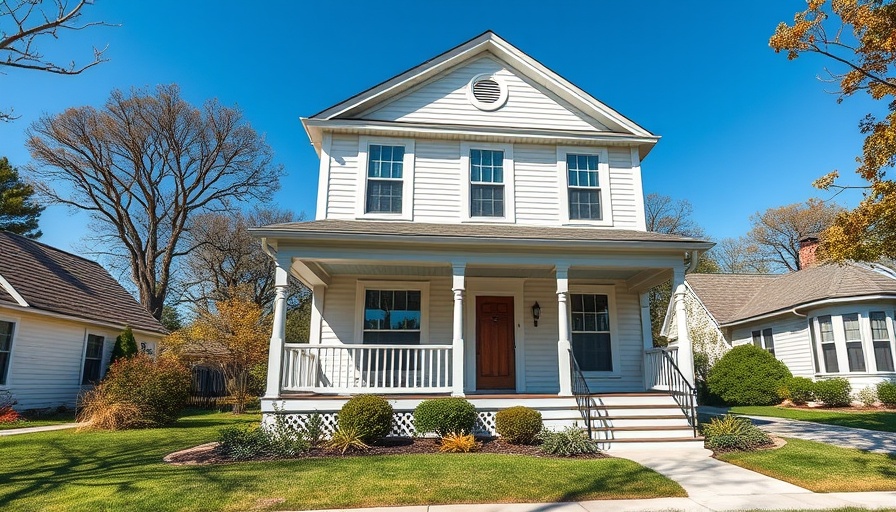
The Crucial Role of Home Inspections in Real Estate Transactions
When buying or selling a home, a home inspection serves as a vital checkpoint in the transaction process. It helps buyers gain clarity about their potential new home and alerts sellers to existing issues that could complicate or stall the deal. For many buyers, understanding the home’s condition can prevent unpleasant surprises down the line, while sellers can make informed decisions about what actions to take before putting their properties on the market.
Mandatory Repairs: What Buyers and Sellers Should Know
While not every inspection finding is legally required to be fixed, some issues become mandatory, especially when a lender is involved. For example, buyers using FHA, VA, or USDA loans may be required to address certain safety and health issues to secure financing. If left unresolved, these problems can raise red flags that threaten the entire sale.
Key Issues to Address After Inspections
The home inspection report often highlights specific issues that need urgent attention, particularly structural problems, health and safety hazards, and necessary repairs for essential systems:
- Structural Issues: Serious concerns such as significant foundation cracks or sagging roofs can endanger the home’s safety and value. Sellers may want to consider a pre-listing inspection to avoid surprises and manage repairs before negotiations.
- Health and Safety Hazards: Buyers should be vigilant about issues like mold, radon, or lead, particularly in older homes. Testing and cleanup costs can often be negotiated, giving buyers potentially valuable leverage.
- Active Leaks and Electrical Hazards: Leaking pipes, exposed wires, and outdated electrical systems pose safety risks and are generally expected to be fixed before closing.
Making Informed Decisions
Being aware of these crucial elements from the inspection report empowers both buyers and sellers to navigate their negotiations effectively. By prioritizing necessary repairs and understanding the implications, stakeholders can foster a smoother transaction experience. Those involved in home improvement should not only focus on immediate repairs but also consider the larger implications on home value and safety.
Take Your Next Steps Wisely
In summary, whether purchasing a home or preparing one for sale, understanding which repairs are mandatory can significantly impact your decision-making process. By staying informed and prepared to negotiate based on the inspection findings, buyers can ensure their investment is secure, while sellers can achieve a smoother closing process.
 Add Row
Add Row  Add
Add 




Write A Comment